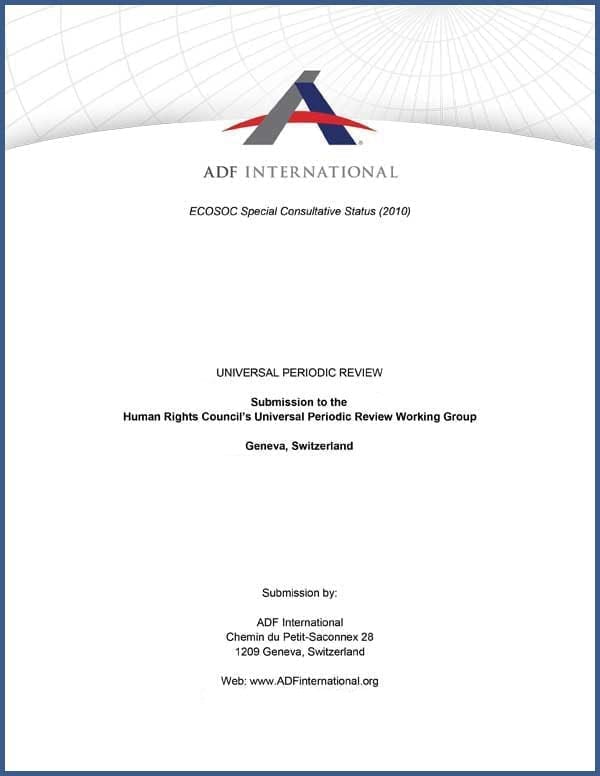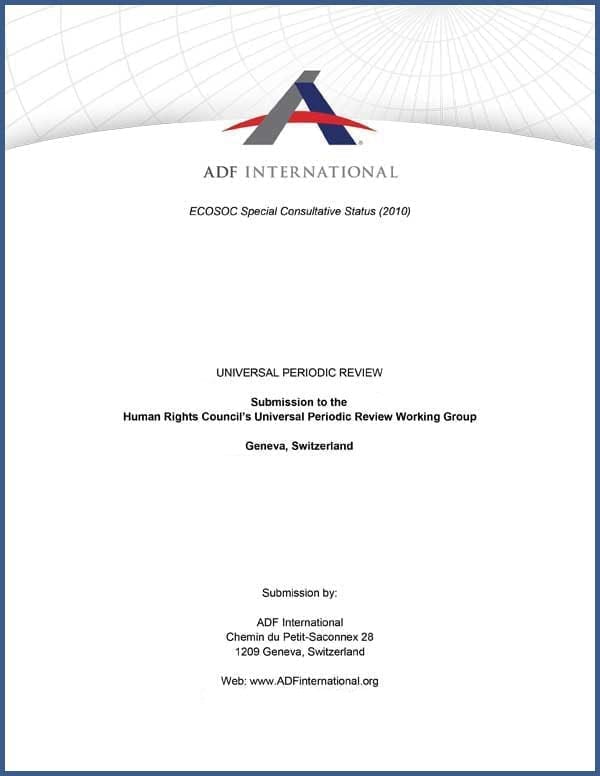UPR
Mozambique (38th Session)
The following report is submitted on behalf of a coalition of international non-governmental organizations focused on freedom of religion or belief. Each of these organizations maintains ECOSOC consultative status with the United Nations. The information contained in this report was obtained through research and first-hand accounts from these organizations.
This report focuses primarily on events that have affected freedom of religion or belief in Mozambique, including COVID-19, the insurgency in Cabo Delgado, and the proposed draft law on “religious freedom,” which contains a number of highly problematic provisions.






